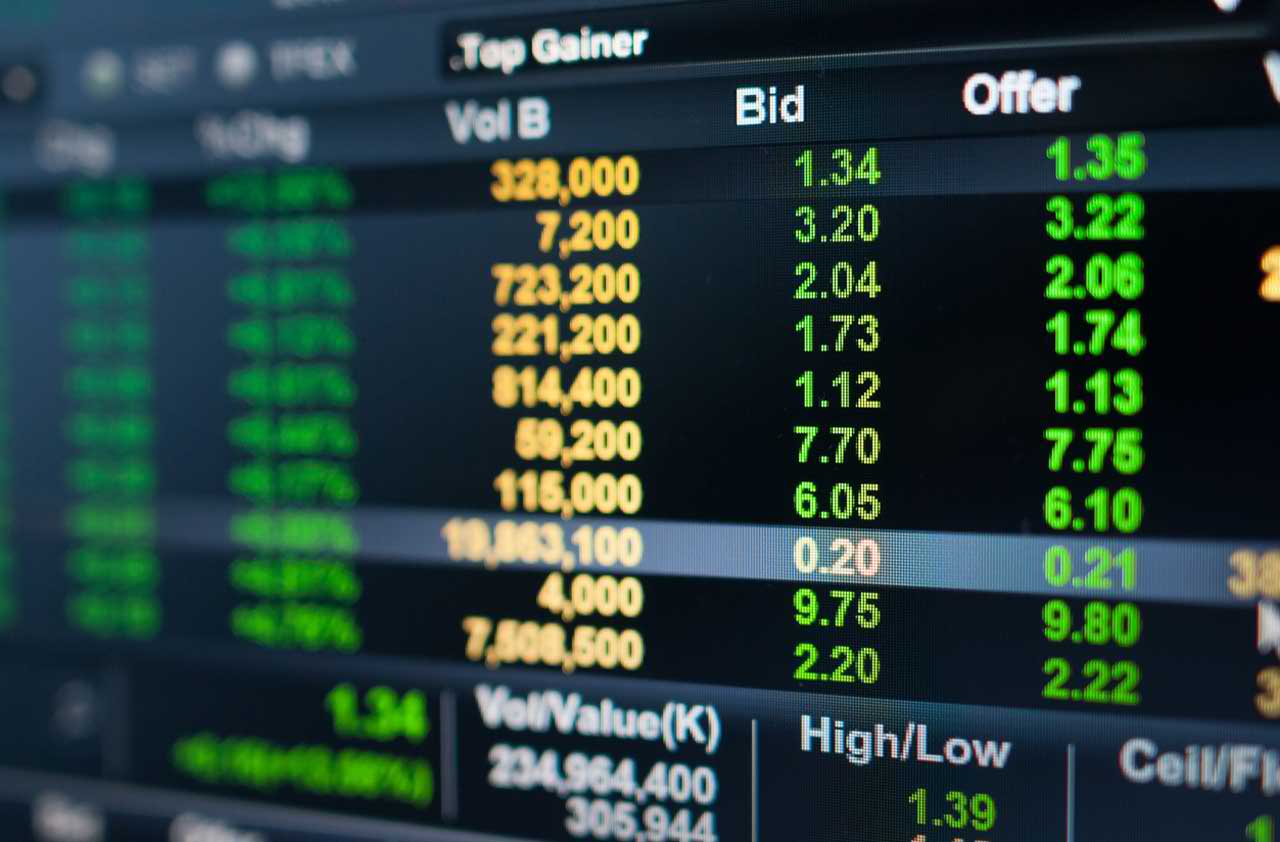
While it’s impossible to not lose any money in the stock market (even Buffett himself has done so), investors can put themselves ahead of the game if they avoid buying companies that are terrible investments.
Blue Apron (NYSE:APRN), Fitbit (NYSE:FIT), and Sears Holdings (NASDAQ:SHLD) are all stocks that will have you breaking Buffett’s golden rule about investing if you buy them.
1. Blue Apron
Meal-kit delivery service Blue Apron has no competitive moat. More companies are entering the business daily, underscoring just how vulnerable the company is. The news that Weight Watchers (NYSE: WTW) is now going into the business could be the final nail in Blue Apron’s coffin, but Walmart’s (NYSE: WMT) recent announcement that it would soon offer meal kits in its stores may have been a death knell all its own.
The anticipation surrounding Blue Apron’s IPO last year quickly dissipated after Amazon.com (NASDAQ: AMZN) revealed its purchase of Whole Foods Market. Taking e-commerce giant, and it’s robust delivery infrastructure, and combining it with the top organic grocery store suddenly illuminated the potential flaws in Blue Apron’s business model.
The rise of competing services and the buyout of rival Plated should have signaled that a takeover of Blue Apron might have been the best solution, but with its business spiraling, who would want to buy in now? A buyout may still be its best option, but an investor would do well to avoid buying this stock on the thin hope that it happens.
2. Fitbit
Another company with a lot of promise that defined a niche is Fitbit, the fitness tracker maker that quickly saw itself fall behind the competition as consumer preference changed from wanting a pricey, single-purpose fitness band to a multifunctional smartwatch.
The rise of competing products, primarily the Apple (NASDAQ: AAPL) Watch on one end and low-cost bands from Xiaomi on the other, has put Fitbit in a difficult bind. Its own trackers are too expensive to challenge the discount end of the spectrum, and its new smartwatch products failed to inspire any enthusiasm among consumers.
Fitbit, to its credit, is trying to differentiate itself by acquiring health coaching program Twine Health, an avenue for tying its fitness devices to medical professionals and generating separate, recurring streams of revenue. Apple’s pursuit of similar health goals may mean that Fitbit ends up in second place again.
According to researchers at IDC, Apple leapfrogged both Xiaomi and Fitbit to take the top spot in the wearables market last year with shipments of the Apple Watch. Fitbit will be launching its new Versa smartwatch, which it hopes will resonate with the public, but investors would do well to avoid this stock until the company can show that demand exists for its products.
3. Sears Holdings
Investors can’t be told enough to avoid Sears Holdings stock. The one-time department store icon is a shell of its former self, clinging on to life solely by the deep pockets of its chairman and CEO, Eddie Lampert. Sales keep falling, profits are a distant memory, and its customer base continues to flee to other retailers, both online and off.
It’s been a race to the bottom with J.C. Penney (NYSE: JCP), which at one time looked as though it might have turned the corner only to begin giving Sears a run for its money. The latter, though, may regain the dubious distinction of leading again as its preliminary earnings report last month revealed another dismal quarter to come, with comparable sales down 15.6%, net revenue falling 27.8% to $4.4 billion and adjusted losses of $105 million to $305 million.
Vendors already have jitters when it comes to supplying the retailer with merchandise, causing Lampert to loan ever more money to Sears to put up a front that it has sufficient liquidity. At some point, the music will stop, Lampert will cease extending credit, and Sears will collapse.
That day is fast approaching, and where once it was believed that Sears’ real estate could prop it up, that has proved to be an ephemeral dream. The company is heading toward bankruptcy, and it’s only a matter of when, not if.
Ugly is as ugly does
There is no good, bad, and ugly here. Investors who aspire to be even fractionally as successful as Warren Buffett will take his investing rules to heart and not lose money by putting it into these fading stocks.

